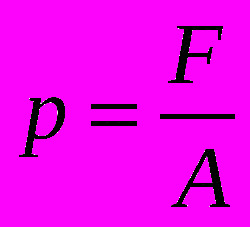geography it's a science that study the human spaceo in its various aspects: physical, biological and human.
Geography also studies the relationship between the physical, biological and human aspects of planet Earth.
Geographers study where men live, where plants and animals are, the location of rivers, lakes, mountains and cities, because geography means description of the Earth.
Geographers use travel, reading, the study of statistics, maps, to update and deepen geographical knowledge. Geography needs other areas of knowledge, such as geology, history, physics, mathematics, astronomy, biology and especially ecology for basic information to deepen their information.
The study of geography starts from kindergarten and extends to the university, because with this study there is already the development of the sense of direction of the ability to read maps, of the time. Climate and natural resources.
The study of geography has four main lines of inquiry; the location of landforms, the description of parts of the world, the explanation of the origin of geographic accidents of the terrestrial globe and the spatial relationships between the accidents and the regions where find.
physical geography
Physical geography is the area of geography that analyzes the evolution, distribution and interaction of natural and abiotic components, such as soils and the atmosphere.
This segmentation of geography covers areas such as geomorphology, ecogeography, climatology and geohydrology. It is closely related to human geography.
human geography
Human geography is the science that studies the spatial relationships established between human beings and their surrounding physical environment. This area focuses on themes such as the economy, demography, environment and urbanization.
This area of geography was created thanks to the contribution of the German geographer and ethnologist Friedrich Ratzel.
critical geography
Critical (or geocritical) geography is a doctrine of thought that redefined geography by describing it as a non-neutral science, but capable of being used to make a radical critique of a society capitalist.
Brazilian geographer Milton Santos is the author of several relevant works in this area, being considered by many as one of the fathers of Critical Geography.

